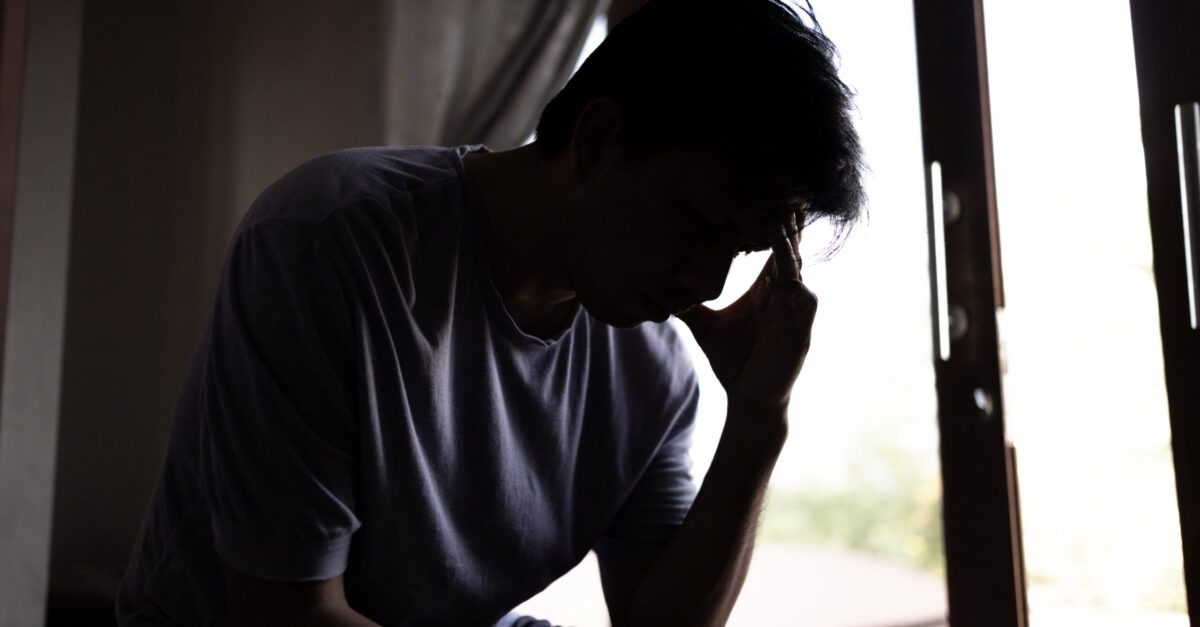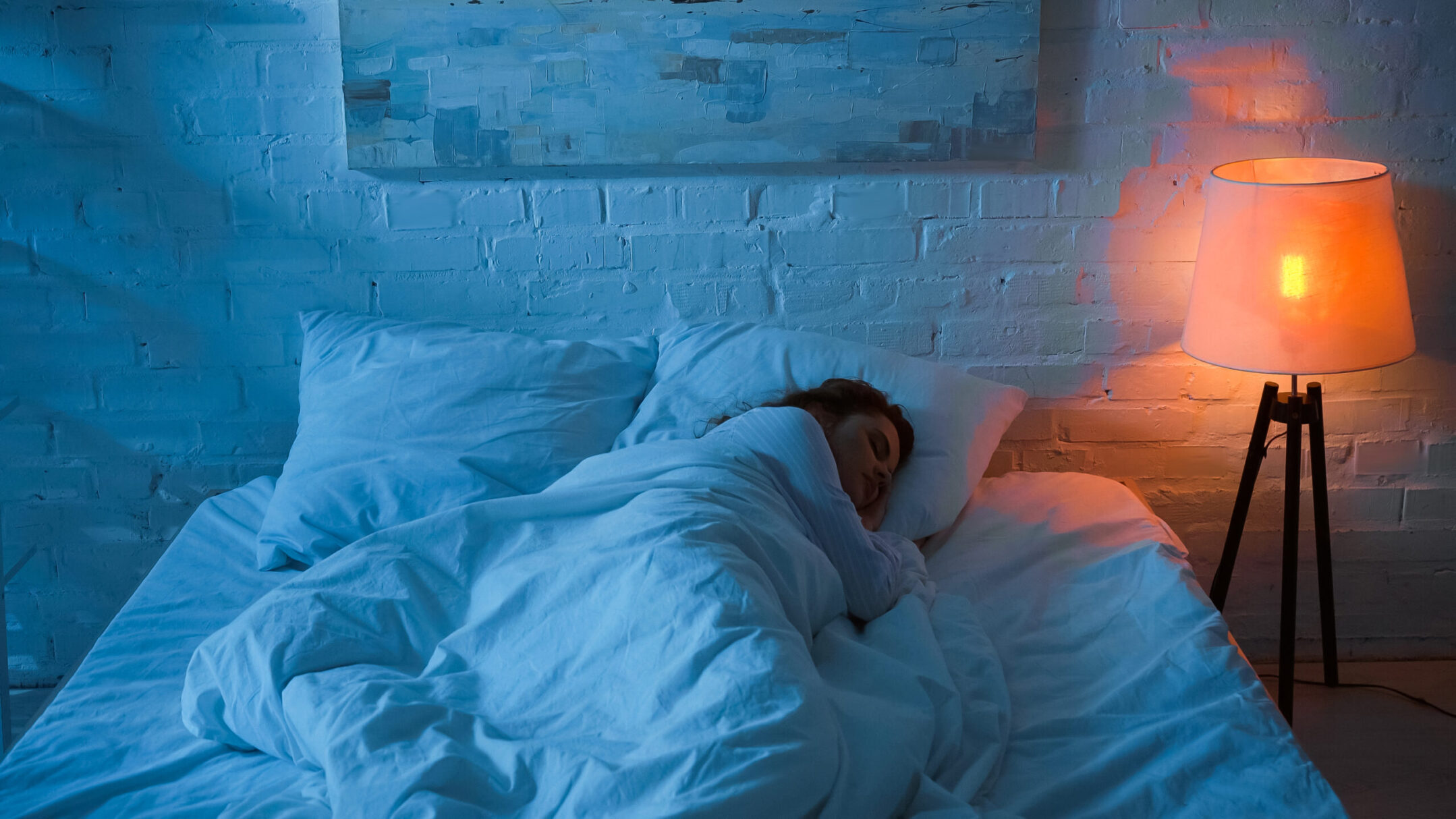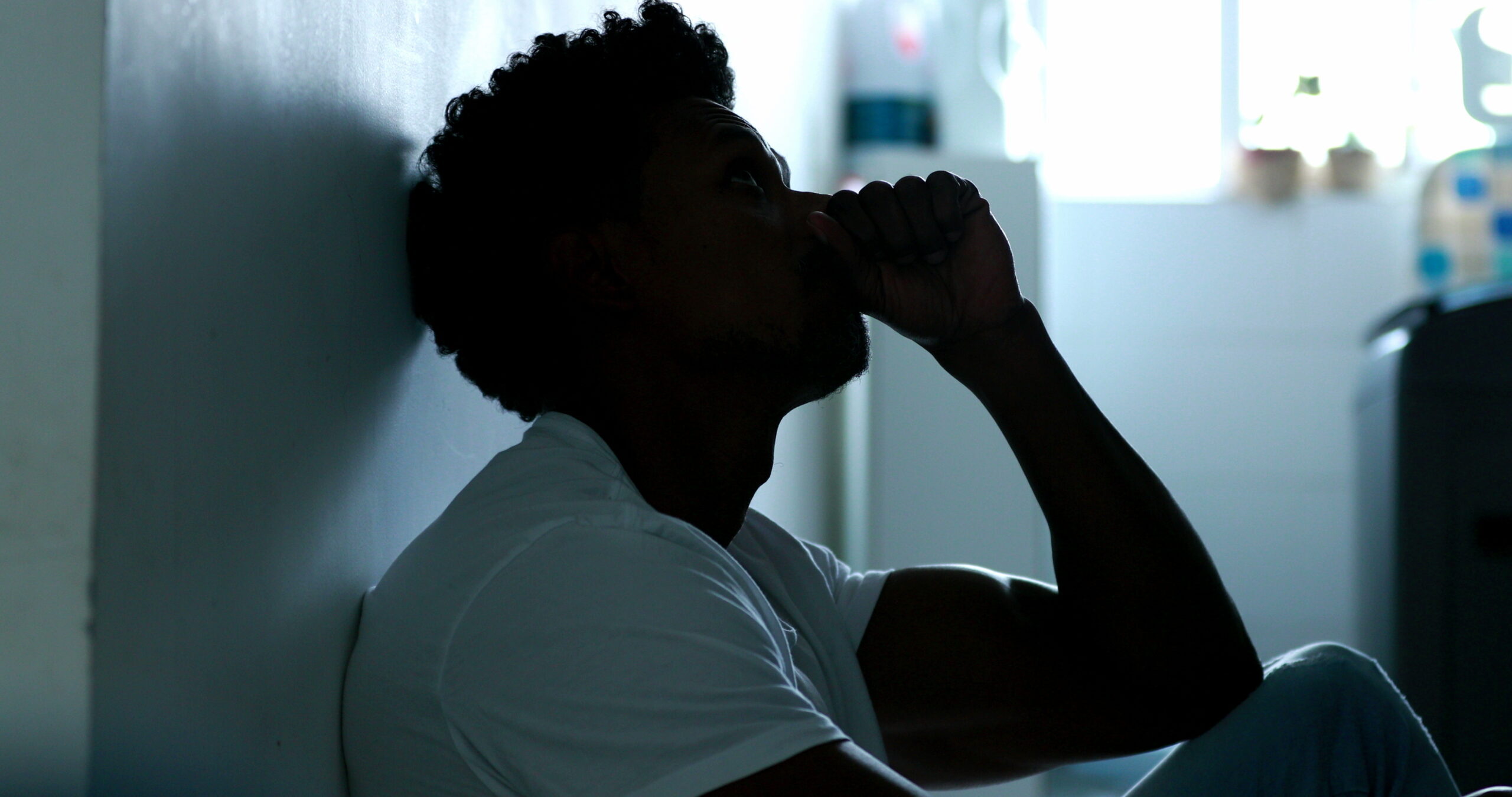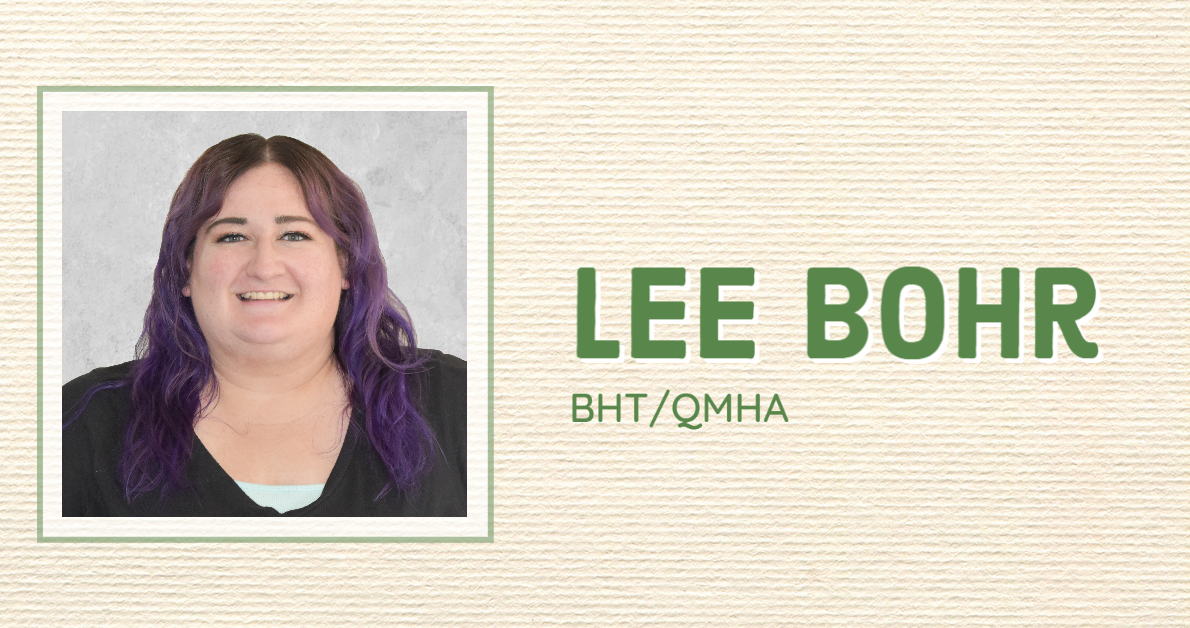The Difference Between Stress and Anxiety
The difference between stress and anxiety may not seem clear as they share many of the same symptoms. However, it is important to learn to recognize the differences between the two in order to help determine what treatment plan may be effective for you.
With the following information, we hope to help you learn the key differences between stress and anxiety.
What is Stress?
Stress is generally a response to an external cause, and may be felt as a physical or mental response. These causes can include, but are not limited to, a heavy workload, illness, or significant life changes.
What is Anxiety?
Anxiety generally stems from an internal cause. However, anxiety can occur and persist even when there is no current threat. If one’s anxiety continues over time, it can begin to interfere with their health and overall wellbeing.
STress
- Generally a response to an external cause
- The stress typically goes away when the situation causing stress is resolved
- Stress can be positive, such as in situations in which you have a deadline you need to be pushed to meet
Both
- Stress and anxiety both affect the mind and body
- The symptoms of the two are similar and often overlap. Symptoms include, but are not limited to:
- Loss of sleep
- Headaches
- Feeling uneasy
- Tension
- High blood pressure
- Excessive worry
Anxiety
- Generally internal, as a reaction to stress
- Persistent feelings and symptoms of anxiety, even when no threat is present
- Often accompanied with feelings of dread or apprehension that don’t go away and can interfere with life
Coping with Stress and Anxiety
We suggest starting your coping process by trying to learn what causes your stress, and subsequent anxiety. By gaining a better understanding of the causes, it will be easier to determine what coping strategies and techniques may be right for you.
When you are beginning to feel stressed, we recommend the following:
- Challenge negative thoughts and try to consciously replace them with positive thoughts
- Keep a journal in which you can write your thoughts and feelings, or even doodle if that provides relief to you
- Practice relaxation activities that you enjoy, such as reading, meditating, or anything else that might help you relax
- Increase your physical activity levels even if only in small amounts, exercise can have many benefits to your mind and body
- Avoid excessive amounts of caffeine especially before bed
- Create a sleep routine that is consistent and provides an adequate amount of rest
- Reach out to your support network of family, friends, and/or health care provider
Treatment and More Help
It is important to reach out to your healthcare provider if your symptoms persist over time or if you feel like you are struggling to cope. With the help of a provider, you can better learn the causes of your symptoms and best course of action for treatment.
If you are in immediate distress or are thinking about hurting yourself, call the National Suicide Prevention Lifeline at 988.
More RESOURCES
- To learn more about the difference between stress and anxiety we recommend contacting your healthcare provider.
- To read more, the following resources are suggested:
- NAMI “I’m So Stressed Out”: https://www.nimh.nih.gov/health/publications/so-stressed-out-fact-sheet
- National Council for Mental Wellbeing: https://www.mentalhealthfirstaid.org/external/2018/06/stress-vs-anxiety/
- American Psychological Association: https://www.apa.org/topics/stress/anxiety-difference
Return to home page: https://nwmind-bodywellness.com/
Read more articles: https://nwmind-bodywellness.com/articles/









